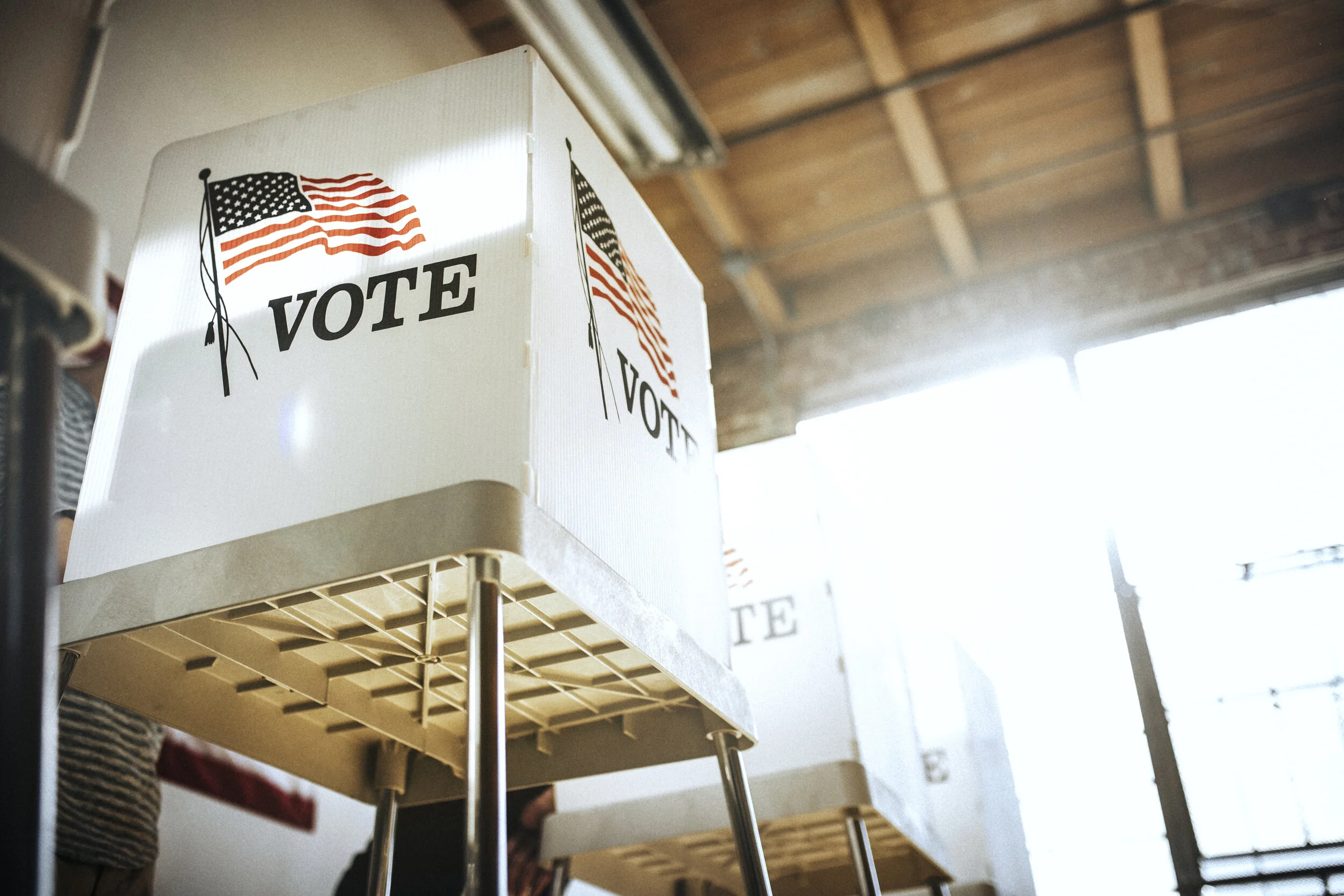Over the years there have been a number of Oklahoma attorneys that have positively impacted the practice of municipal law. Alan Jackere, a long-time attorney for the City of Tulsa was one of those. He worked for the City of Tulsa for 32 years and concluded his distinguished career as City Attorney until his retirement in 2007. It is appropriate that we recognize his accomplishments following his death last week by highlighting a case that he handled, Quinn v. City of Tulsa, 1989 OK 112.
Tom Quinn filed an action against the City of Tulsa seeking to enjoin the issuance of bonds and from levying and collecting additional property taxes to pay for the bonds. This action was filed following a special election in which the voters approved the indebtedness. It was filed against the City, the Chamber of Commerce and the “Vote Yes for Tulsa Committee,” and alleged that the City had expended public money in an effort to promote passage of the tax and bond issues, had made misrepresentations to the public, and had engaged in improper procedures in handling the resolution, ordinance and ballot. He contended that the acts of the City resulted in an illegal tax.
The Trial Court found for the City and held that the form and content of the ballots were sufficient, that City officials did not act improperly, and that there was insufficient evidence of fraud or coercion on the part of elected officials or employees during the campaign. The Trial Court did find that City officials had acted improperly in allowing or authorizing the expenditure of public funds in support of the bond proposal but held that injunctive relief to restrain issuance and sale of the bonds would not redress those improper actions.
During the course of the litigation, Mr. Quinn provided a comprehensive list of ways that he believed the City improperly used public money to support the passage of the bond issue. He identified the following:
City money was used to pay for a survey of voter attitudes during the planning stages for the bond election,
City employees were asked, during working hours to perform functions in support of the campaign for passage of the bond issue,
The City Development Department expended public money and used public employees to compile a campaign strategy manual,
City, through proxies, paid for newspaper ads which were generally favorable to the bond issue,
The Mayor used his office stationery and employees to mail letters soliciting support for passage of the bond issue,
City employees were used to form a committee for the purpose of campaigning for passage of the bond issue, and that several City employees participated in this Committee's activities while on tax-supported work time,
The Mayor and City Commissioners were vocal in their support of the bond issue and neglected other City business to work for its passage,
City employees were called to meetings during working hours where they were urged to vote for the bond issue,
Memoranda and other communications supporting the issue were prepared and distributed during working hours by City employees at City expense, and,
City allowed campaign signs in support of the issue to be placed on public property
The Supreme Court upheld the decision of the Trial Court, noting that “when a failure to meet statutory formalities is invoked after the balloting takes place, the results of an election will not be invalidated absent proof of fraud or corruption so pervasive as to taint the entire process.” The Court further noted that while Mr. Quinn showed substantial effort by the City to sway the voters, he was unable to demonstrate that the efforts of the City were successful or that the election would have been different without those efforts.
The findings of the Supreme Court, notwithstanding, this case serves as an excellent reminder to be mindful about the expenditure of public funds, including the dedication of municipal time and resources, to advance an election. When I advise my clients about the role they can play in advancing a general obligation initiative, I remind them of the importance of not using public funds to advocate for passage of the issue. I also provide them with the list of activities from the Quinn case and emphasize that an election can be overturned if they do not act within the parameters set by State Statute. That is not to say that elected officials and employees cannot provide information to voters and that some public funds cannot be used to do so. A good example might be to prepare inserts for utility bills informing voters of the date of the election and the matters to be decided. Particular care should be given, however, to elections involving initiative petition and referendum, as there are criminal penalties for violation. See 26 O.S. §16-119

